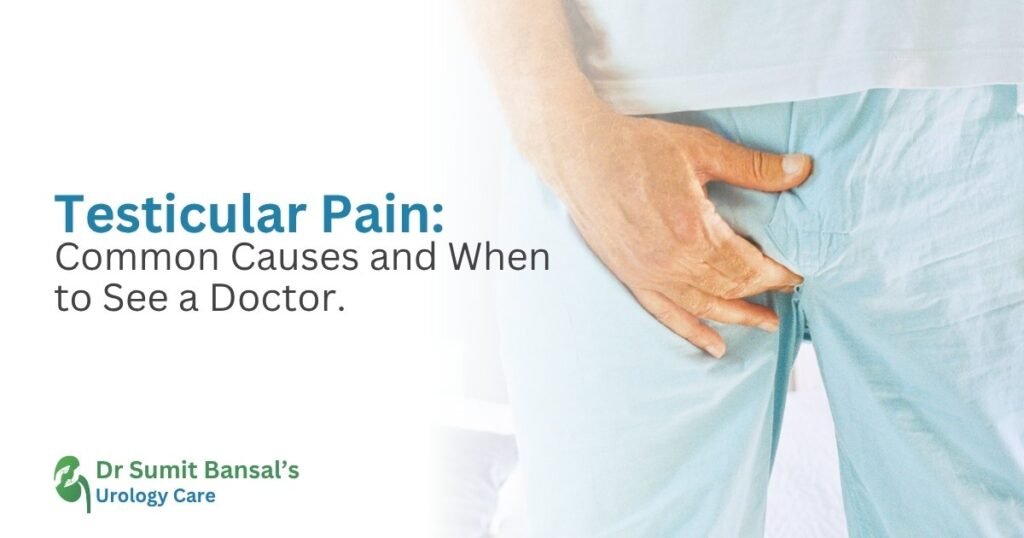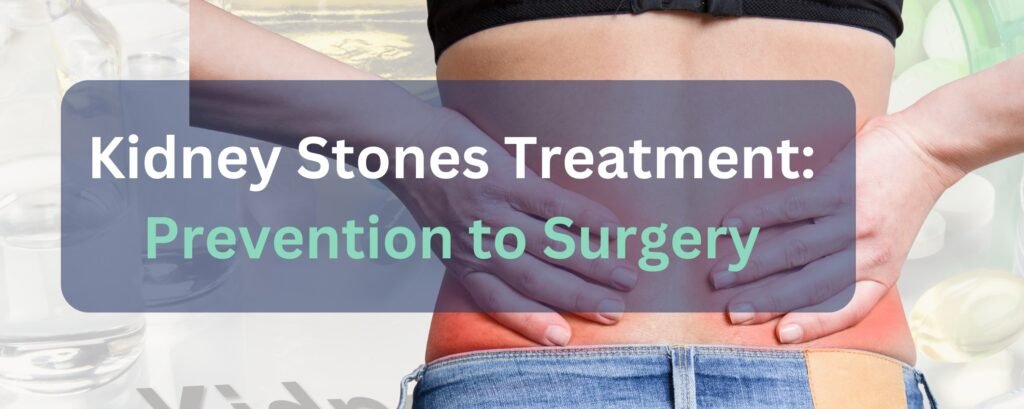Testicular pain can be alarming and uncomfortable, affecting men of all ages. While some causes are minor and resolve on their own, others may require urgent medical attention. Understanding the reasons behind testicular pain and knowing when to see a doctor is essential for maintaining your reproductive and overall health.
Common Causes of Testicular Pain
1. Injury or Trauma
A direct hit or injury to the testicles can cause sudden, sharp pain. Sports injuries, accidents, or heavy lifting are common culprits. Pain from trauma is usually immediate and may be accompanied by swelling or bruising.
2. Infections
Epididymitis: Inflammation of the epididymis, often caused by bacterial infections, including sexually transmitted infections (STIs). Symptoms include swelling, redness, and discomfort in one testicle.
Orchitis: Inflammation of the testicle itself, sometimes linked to viral infections like mumps. It can cause tenderness, swelling, and fever.
3. Testicular Torsion
A medical emergency where the spermatic cord twists, cutting off blood supply to the testicle. Symptoms include sudden, severe pain, swelling, nausea, and sometimes abdominal pain. Immediate medical attention is critical to save the testicle.
4. Hernia
An inguinal hernia occurs when part of the intestine pushes through the abdominal wall near the groin, causing pain or a noticeable lump in the scrotum.
5. Kidney Stones
Pain from kidney stones can radiate to the testicles. This type of pain is usually sharp, intermittent, and may come with urinary symptoms such as blood in urine or burning sensations.
6. Varicocele and Hydrocele
Varicocele: Enlargement of veins in the scrotum, often causing a dull, aching discomfort.
Hydrocele: Fluid buildup around the testicle, leading to swelling and mild discomfort.
7. Chronic Conditions
Conditions like hernia repair complications or chronic infections can cause persistent testicular pain, sometimes lasting weeks or months.
When to See a Doctor
While minor testicular discomfort may not always be serious, immediate medical evaluation is necessary if you experience:
Sudden, severe pain, especially if accompanied by swelling or nausea.
Persistent pain lasting more than a few days.
Fever, redness, or tenderness.
A noticeable lump or change in testicle size.
Pain after trauma or injury.
Early diagnosis can prevent complications such as infertility, chronic pain, or loss of the testicle in severe cases like torsion.
Diagnosis and Treatment
Dr. Sumit Bansal, a renowned urologist and kidney transplant surgeon, emphasizes that a thorough evaluation is crucial. Diagnosis may include:
Physical examination
Ultrasound of the testicles and scrotum
Urine and blood tests
STI screening if required
Treatment depends on the underlying cause:
Infections: Antibiotics or antiviral medications
Inflammation: Pain relief and anti-inflammatory medications
Torsion or severe injury: Surgical intervention
Chronic conditions: Lifestyle changes, supportive garments, or minimally invasive procedures
Preventive Tips
Wear protective gear during sports.
Practice safe sex to prevent infections.
Avoid heavy lifting without proper support.
Perform regular self-exams to detect lumps or swelling early.
Conclusion
Testicular pain should never be ignored. While many cases are minor, some require urgent medical care. If you are experiencing any unusual or persistent discomfort, consult Dr. Sumit Bansal for expert evaluation and personalized treatment. Early intervention ensures better outcomes and helps maintain reproductive health.


